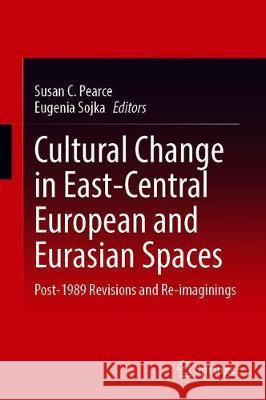Cultural Change in East-Central European and Eurasian Spaces: Post-1989 Revisions and Re-Imaginings » książka
topmenu
Cultural Change in East-Central European and Eurasian Spaces: Post-1989 Revisions and Re-Imaginings
ISBN-13: 9783030631963 / Angielski / Twarda / 2021 / 274 str.
Cultural Change in East-Central European and Eurasian Spaces: Post-1989 Revisions and Re-Imaginings
ISBN-13: 9783030631963 / Angielski / Twarda / 2021 / 274 str.
cena 523,30
(netto: 498,38 VAT: 5%)
Najniższa cena z 30 dni: 501,19
(netto: 498,38 VAT: 5%)
Najniższa cena z 30 dni: 501,19
Termin realizacji zamówienia:
ok. 22 dni roboczych.
ok. 22 dni roboczych.
Darmowa dostawa!
Kategorie:
Kategorie BISAC:
Wydawca:
Springer
Język:
Angielski
ISBN-13:
9783030631963
Rok wydania:
2021
Wydanie:
2021
Ilość stron:
274
Waga:
0.57 kg
Wymiary:
23.39 x 15.6 x 1.75
Oprawa:
Twarda
Wolumenów:
01
Dodatkowe informacje:
Wydanie ilustrowane











